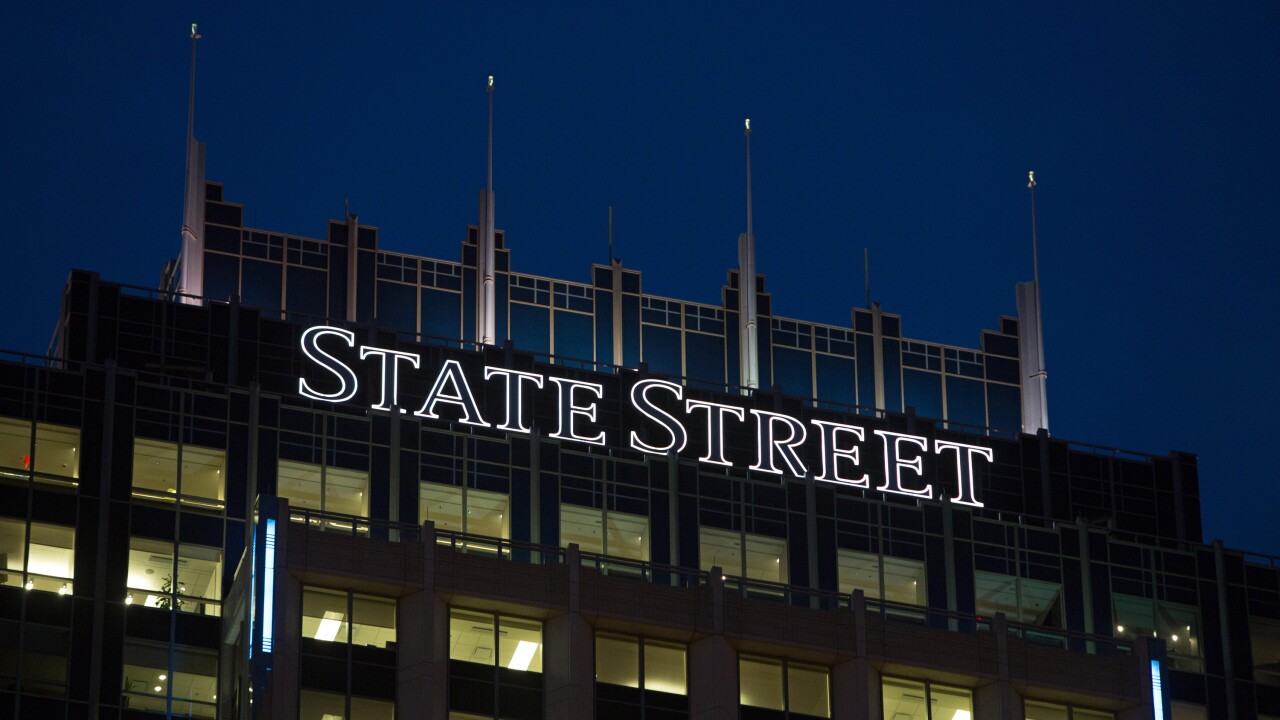-
The regulators have yet to complete rules on regional bank supervision, community bank capital and other provisions meant to ease institutions' burden.
August 1 -
Among other things, the letter asked the regulators to ease requirements for a new community bank leverage ratio and analyze the impact of the pending CECL accounting change.
July 30 -
The U.S. lacks mechanisms authorized in other countries to flag nonbank risks, Eric Rosengren says.
July 15 -
Powell sees need to "keep firms on their toes" while Quarles wants easier tests; €52 million paid to leaving execs nears total paid to board.
July 10 -
Questioning whether core-banking technology is nearing a 'big shake-up'; Capital One keeps closing branches, even as rivals open them; FASB chair defends CECL, saying 'the benefits justify the cost'; and more from this week's most-read stories.
July 5 -
Some large banks, including Bank of America and JPMorgan Chase, will increase dividends and stock repurchases by double digits.
June 28 -
Banks clear both rounds of stress tests (though two of them needed a do-over); BNY Mellon goes all-in on digital; bank industry struggles to stop slide in latest reputation survey; and more from this week's most-read stories.
June 28 -
In a downturn, some fintechs, such as independent lenders, will be more vulnerable to economic forces than those working to service banks' regulatory needs.
June 28 -
The results clear the way for bigger dividends and stock buybacks at big banks; State Street agreed to pay $88 million to settle claims it overcharged clients.
June 28 -
In a year where most of the 18 institutions taking the second round of the Federal Reserve's stress tests showed improvements over last year, JPMorgan Chase and Capital One were both forced to adjust their capital plans in order to meet the central bank's minimum thresholds.
June 27 -
Former Barclays CEO John Varley was accused of trying to obtain funds to avoid a government bailout; borrowing to pay for weddings surged last year.
June 24 -
A new set of tougher scenarios did little to keep large banks from passing the most recent stress tests mandated by the Dodd-Frank Act.
June 21 -
The bank believes its U.S. unit will pass this year’s stress test but Fed restrictions will stay; COO is the second member of CEO’s inner circle to leave.
June 21 -
Banks shouldn’t have trouble this year, but the rules may change next year; U.S. authorities are probing possible AML compliance violations at the German bank.
June 20 -
Stress tests have come a long way since first unveiled to shore up confidence in banks. But some critics fear that proposals to make the system more efficient would compromise its safety.
June 13 -
Options include legislation to study the risk of leveraged loans, more aggressive action by the Financial Stability Oversight Council and additional capital buffers. Policymakers may also choose to do nothing.
June 6 -
This is the first year that only the largest and most complex banks will be included after the Federal Reserve decided to let smaller firms wait until next year to resume testing.
May 31 -
Stress tests, capital buffers and liquidity levels are best ways to make financial system safe; HSBC plans to layoff “several hundred” from investment bank.
May 31 -
The pace is torrid now, but it could slow if bank stock prices keep rising and one prominent lawmaker’s proposal to restrict share repurchases gains traction.
May 21 -
Former Federal Reserve Gov. Daniel Tarullo warned that a Fed proposal to weaken the stress capital buffer, among other things, could hurt safety and soundness.
May 21



















